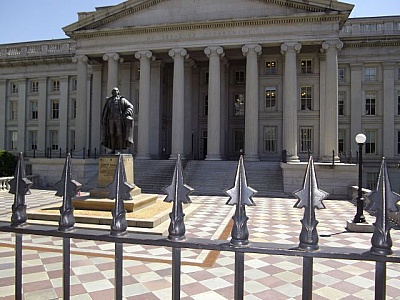Over the course of its history, Nevada has had special sessions for a myriad of reasons. In recent memory, these typically focus on winding up the business of the prior regular session, but sometimes deal with significant matters of business, such as addressing the fallout of the Great Recession and now most recently the interruption of business activity by COVID-19.
This summer, Governor Sisolak convened two special sessions –one in July to address budget issues and one in August focused on policy matters.
In terms of basic facts for the 31st Special Session on the state’s fiscal situation from the pandemic – the Legislature reviewed the budget cuts and fiscal recommendations presented by Governor Sisolak’s office to address the $1.2 Billion shortfall in Nevada’s two year budget. Seven bills to accomplish these fiscal moves were introduced. An eighth bill which would have substantially amended the tax treatment of mining operations was introduced late in the session.
Ultimately, five of the eight bills were passed. Assembly Bill 3, the main budget implementation bill with state agency cuts of $549 Million saw a lengthy amendment. After 12 days, the Legislature swept additional accounts and “added back” about $140 Million to the recommended agency cuts.
This session, like the one that followed, were unique. In light of the pandemic, the session was largely virtual, with the Legislative Building locked to all but legislators, essential staff, and a small press pool. Notably, lobbyists did not need, nor were provided the opportunity to register on behalf of their clients. Public input was only taken over the phone in 2-minute increments and often late at night.
Cuts of over a billion dollars in a budget of $7 billion cannot help but be felt across the entire state. From the nation’s largest rate reimbursement cut to Medicaid providers to cuts to Nevada’s school safety programs, there will be real world effects.
The 32nd Special Session, also conducted virtually, pivoted from the budget fallout of COVID-19 to policy matters arising from both the pandemic and the social justice issues of the summer including police reform.
There were two bills more generally applicable to business in the 32nd Special. Senate Bill 1, which stayed all eviction proceedings for 30 days in order to stand up a mediation program for landlords and tenants within the Nevada judicial system. This program is currently in the rulemaking process with the Nevada Supreme Court.
Senate Bill 4 was a two-part bill focusing on worker protection and facility sanitation in the hospitality industry combined with a limitation of liability for most businesses in compliance with controlling health guidance. While the bill did not grant immunity from lawsuits relating to COVID-19 exposure in a premises, the pleading standard and burdens of proof for such actions to move forward in court are increased, which gives businesses more certainty in their reopening so long as they are following health protocols.
The summer’s special sessions set the tone for the 2021 regular session. Absent a significant infusion of federal money to state and local governments, the Legislature will be continuing austerity measures in budgeting and we can expect a discussion if not action on new revenue streams for the state. And the expectation is growing that next year’s session will continue predominantly online.



